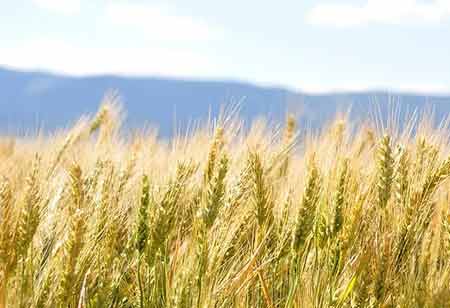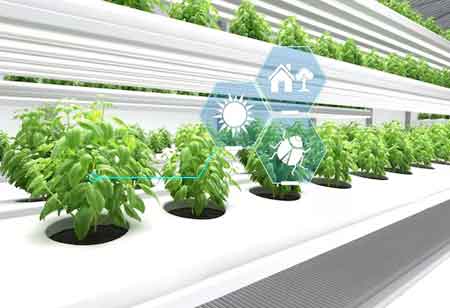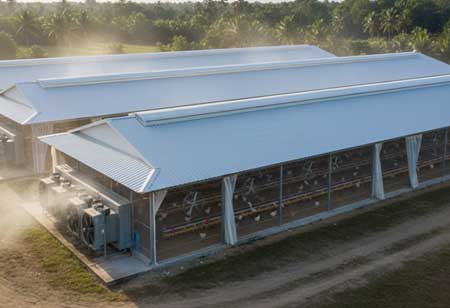Thank you for Subscribing to Agri Business Review Weekly Brief
Benefits of Grain Management in Agriculture and Food Security
Effective grain management techniques, such as controlled temperature and humidity systems, pest control measures, and the use of airtight silos, protect grains from deterioration.

By
Agri Business Review | Wednesday, January 22, 2025
Stay ahead of the industry with exclusive feature stories on the top companies, expert insights and the latest news delivered straight to your inbox. Subscribe today.
Effective grain management techniques, such as controlled temperature and humidity systems, pest control measures, and the use of airtight silos, protect grains from deterioration.
Fremont, CA: Grain management is a critical process in agriculture, ensuring the efficient handling, storage, and distribution of grains to maintain their quality and availability. With grains being staple foods and key commodities worldwide, effective grain management is pivotal in addressing food security, reducing post-harvest losses, and supporting the global supply chain. The multifaceted approach has applications across agricultural, economic, and environmental domains.
Grain management is crucial in maintaining grain quality and safety. Grains are susceptible to contamination from fungi, bacteria, and toxins like aflatoxins, which can pose serious health risks to consumers. Advanced grain management practices, including regular monitoring, fumigation, and chemical treatments, help mitigate these risks. Grain management contributes to public health and builds consumer trust in agricultural products by ensuring that grains meet food safety standards.
Proper storage systems allow for the controlled release of grain into the market, preventing price volatility caused by sudden surpluses or shortages. This stability benefits producers and consumers by ensuring fair prices and reliable access to staple foods. Grain management enhances export opportunities by meeting international quality standards, boosting the income of grain-producing nations.
Grain management supports sustainability and environmental conservation. Efficient storage and handling reduce the need for additional production to compensate for losses, thereby decreasing the strain on natural resources such as water, soil, and energy. Advanced technologies like precision agriculture and automated storage systems further enhance efficiency, minimizing waste and the environmental footprint of grain production and storage.
Properly stored and managed grains can be processed into various products, such as flour, oils, and biofuels, creating additional income streams for farmers and industries. By maintaining the integrity of the raw material, grain management supports industrial processes and fosters economic growth in related sectors.
Grain management encourages global trade and food distribution. Grains are among the most traded agricultural commodities, and their safe transportation and storage are crucial for international trade. Effective grain management ensures that grains can be shipped across long distances without losing quality, helping to balance food availability between surplus and deficit regions. The global distribution network supports equitable access to food and enhances international cooperation.
Integrating technology and data analytics in grain management has revolutionized the sector. Digital tools allow for real-time monitoring of storage conditions, predictive maintenance of facilities, and automated inventory tracking. These innovations improve decision-making, reduce operational costs, and enhance the overall efficiency of grain management systems.
Grain management is a cornerstone of modern agriculture and food systems, providing significant benefits in quality preservation, economic stability, and food security. By reducing losses, supporting sustainability, and enabling global trade, grain management ensures that grains reach consumers efficiently and remain a reliable source of nutrition and economic value. As technologies evolve, the potential for improving grain management practices will further strengthen its role in addressing global challenges and building resilient food systems.





